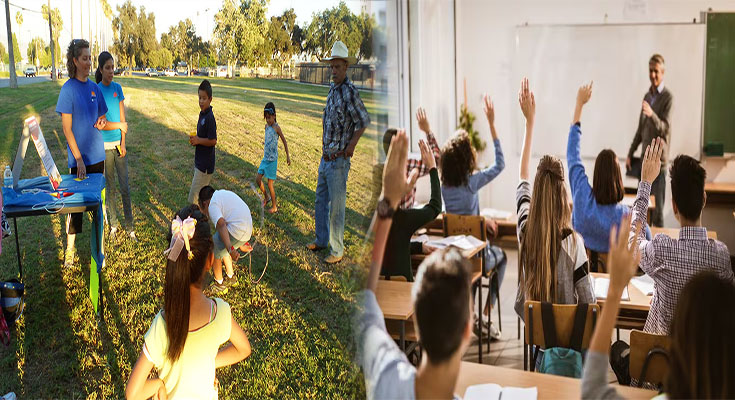
Comprehensive Health Education Approaches for Chronic Disease Prevention
Chronic diseases, such as heart disease, diabetes, cancer, and respiratory conditions, are among the leading causes of mortality worldwide. While many chronic diseases are influenced by genetic factors and lifestyle choices, public health experts emphasize the critical role of prevention through comprehensive health education approaches. By educating individuals, communities, and healthcare providers about risk factors, early detection, and preventive measures, it is possible to reduce the burden of chronic diseases and improve overall population health. Here are some key strategies and approaches for implementing comprehensive health education programs focused on chronic disease prevention:
Understanding the Burden of Chronic Diseases
Before developing health education initiatives for chronic disease prevention, it is essential to understand the burden and impact of these conditions on individuals, families, and society as a whole. Analyzing epidemiological data, identifying risk factors, and assessing the prevalence of chronic diseases in specific populations can help inform the design and …
Comprehensive Health Education Approaches for Chronic Disease Prevention Read More




